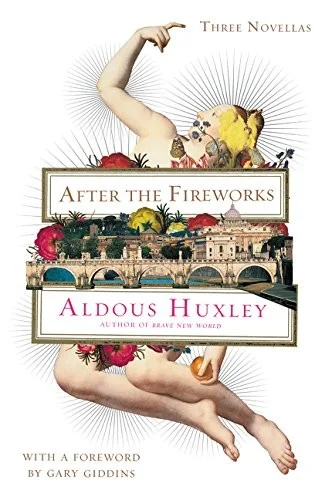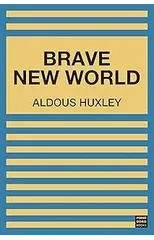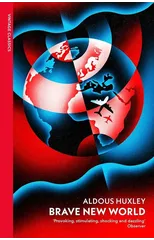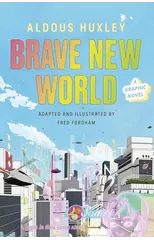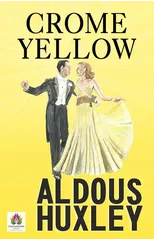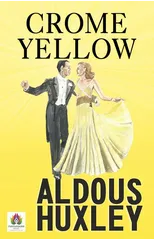"After the Fireworks is a major work and a turning point for Huxley, leading directly to Brave New World.” --Gary Giddins In After the Fireworks, three lost classic pieces of short fiction by Aldous Huxley, author of Brave New World, are collected for the first time, with an original foreword by National Book Critics Circle Award winner Gary Giddins. In the title novella, Rome is the stunning backdrop for a renowned novelist’s dangerous affair. “Uncle Spencer” is the “exquisite” (New Statesman) tale of an aging World War I veteran’s quest for the lost love he met in a prison during the war, and “Two or Three Graces,” “probably the thing nearest perfection of all that [Huxley] has done” (New Statesman), recounts a destructive writer’s abusive relationship with an impressionable housewife. Now brought back in print for the first time in seventy-five years, the novellas newly collected in After the Fireworks reveal Aldous Huxley at the height of his powers.
Aldous Huxley
Aldous Huxley was a British writer and philosopher known for his dystopian novel "Brave New World," published in 1932. His works often explored themes of technology, society, and the human condition. Huxley's writing style was characterized by his use of satire and wit, as well as his keen observations of society. He was a prominent figure in the literary genre of dystopian fiction, influencing writers such as George Orwell and Margaret Atwood. In addition to "Brave New World," Huxley's other notable works include "Point Counter Point" and "The Doors of Perception." His contributions to literature continue to be celebrated for their thought-provoking commentary on the complexities of human existence.
